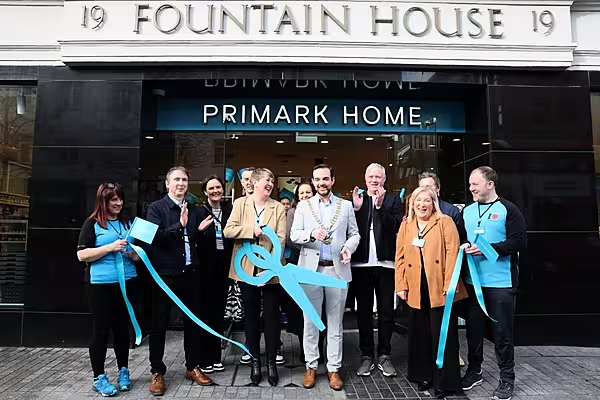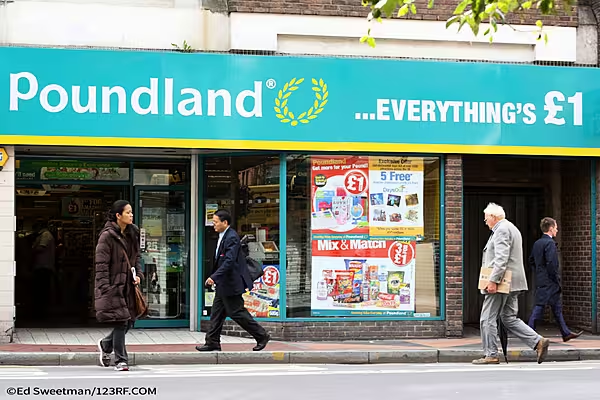The National Federation of Retail Newsagents (NFRN) Ireland has published a 'five point action plan' which it will be presenting to candidates in the upcoming European and local elections. The Federation is asking candidates to support the five actions and to work for their delivery if elected.
NFRN Ireland President Peter Steemers said, “It is important that our members make their views known to the many candidates for election they will meet in the coming weeks. Aspiring politicians need to hear the views of those of us who are in the front line of retailing and the issues we face.”
The five points NFRN members will raise with candidates are: the need for action at European and local level to tackle illicit trade, especially in cigarettes; the need at local level for the introduction of a levy on multiples, as has occurred in Northern Ireland since April 2012, to provide rates relief for smaller shops; the need to support the introduction of minimum pricing for alcohol; the need to set up an ombudsman that could serve as a one-stop shop for all SMEs when dealing with issues surrounding regulations, licensing and commercial rates;and the need to reduce red tape and the number of licenses required by small retailers, which Forfás has identified as up to fifty in number.
In addition, NFRN Ireland is urging County Council election candidates to get behind its campaign for a new rate relief scheme. It has widely distributed a poster to members’ shops urging local election candidates to support the Federation’s call for a rate relief scheme. The scheme is very similar to that in Northern Ireland where big business pays more so that some relief can be provided to small business and independent retailers. The scheme re-valued rates on commercial premises through the Rates (Amendment) Act (Northern Ireland) 2012.
Commenting on the concept, NFRN Ireland public affairs manager Deirdre Drennan said, "We are asking candidates to consider this much-needed solution as commercial rates pose an enormous burden to small businesses. The detail and parameter of the scheme can be amended to suit this Country, as we do not want larger businesses that are also struggling to suffer further.
“In its first year of existence in Northern Ireland, the scheme provided an average relief of £735 - a considerable reduction.” Drennan added that the scheme is cash neutral to the Government, meaning that no investment is required, and County Council budgets would not be adversely affected.





